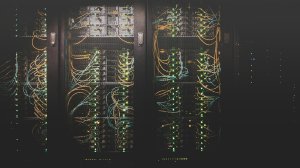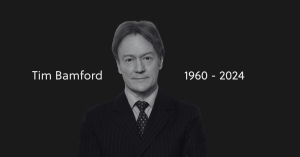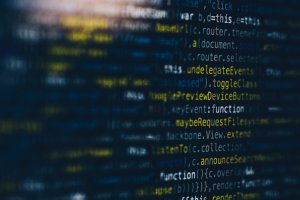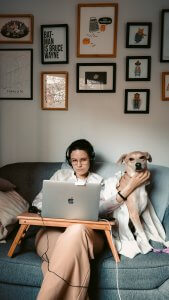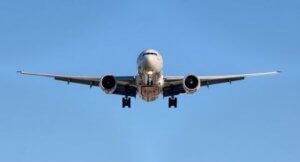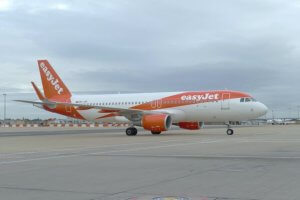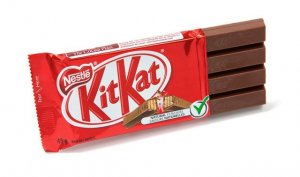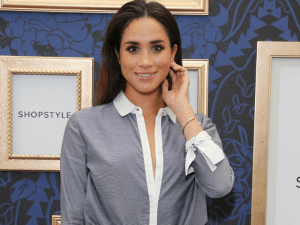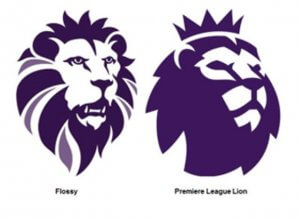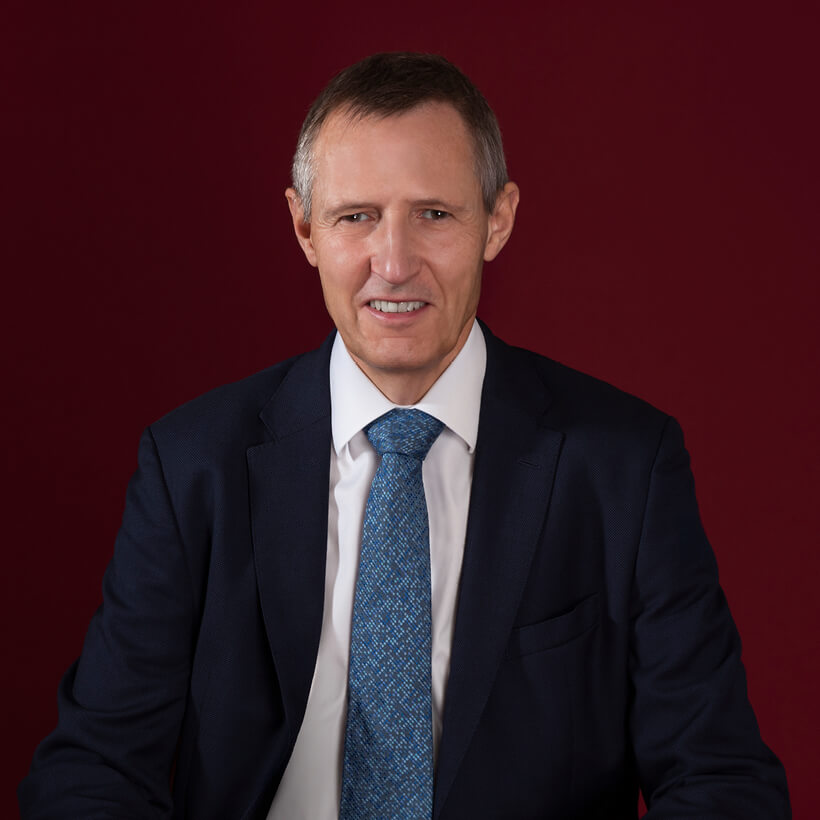- Business
- Intellectual property

Shorter Reads
Covid-19 cooperation: A new world for intellectual property rights
1 minute read
Published 8 April 2020
Key information
- Services
- Business
- Intellectual property
Intellectual property is by definition restrictive. The various rights – copyright, trade marks, patents and designs – give the owner exclusivity to exploit the right or permit someone else to do so. Anyone who uses the right without permission will infringe the right unless they can call on one of the few, limited, defences.
In normal times someone who “reverse-engineers” (i.e. copies) a product designed by someone else would expect a complaint of infringement. And if the original designer has permitted the adaptation of its design in this way, the improvements made by the adapter would probably qualify for separate protection. There would normally be a scramble to exploit the adapted product for maximum profit, and any unauthorised copying would also be subjected to infringement policing.
But as well are all acutely aware, these are not normal times. So it is a development to be applauded that the ultra-competitive world of F1 Racing has used its formidable engineering prowess not to shave a couple of hundredths of a second of a lap time, but to help in the fight against Covid-19.
Working with a group of collaborators including University College London and UCH, the Mercedes F1 team has adapted and refined an existing breathing-aid design (so that it uses 70% less oxygen), obtained regulatory approval, and enabled high volume manufacturing capacity in record time. Furthermore the team has made the design freely available to others who wish to use it. No IP rights being claimed or fought over – but instead making a much more efficient design available in the fight against this rapidly spreading virus.
That deserves a round of applause for the entire design, testing and manufacturing team – a world championship performance.
Shorter Reads
Covid-19 cooperation: A new world for intellectual property rights
Published 8 April 2020
Associated sectors / services
Authors
Intellectual property is by definition restrictive. The various rights – copyright, trade marks, patents and designs – give the owner exclusivity to exploit the right or permit someone else to do so. Anyone who uses the right without permission will infringe the right unless they can call on one of the few, limited, defences.
In normal times someone who “reverse-engineers” (i.e. copies) a product designed by someone else would expect a complaint of infringement. And if the original designer has permitted the adaptation of its design in this way, the improvements made by the adapter would probably qualify for separate protection. There would normally be a scramble to exploit the adapted product for maximum profit, and any unauthorised copying would also be subjected to infringement policing.
But as well are all acutely aware, these are not normal times. So it is a development to be applauded that the ultra-competitive world of F1 Racing has used its formidable engineering prowess not to shave a couple of hundredths of a second of a lap time, but to help in the fight against Covid-19.
Working with a group of collaborators including University College London and UCH, the Mercedes F1 team has adapted and refined an existing breathing-aid design (so that it uses 70% less oxygen), obtained regulatory approval, and enabled high volume manufacturing capacity in record time. Furthermore the team has made the design freely available to others who wish to use it. No IP rights being claimed or fought over – but instead making a much more efficient design available in the fight against this rapidly spreading virus.
That deserves a round of applause for the entire design, testing and manufacturing team – a world championship performance.
Associated sectors / services
- Business
- Intellectual property
Authors
Need some more information? Make an enquiry below.
Subscribe
Please add your details and your areas of interest below
Article contributor
Patrick
WheelerPartner - Head of IP & Data Protection
Specialising in Intellectual property disputes, Data protection, Digital, Intellectual property and Manufacturing
Enjoy reading our articles? why not subscribe to notifications so you’ll never miss one?
Subscribe to our articlesMessage us on WhatsApp (calling not available)
Please note that Collyer Bristow provides this service during office hours for general information and enquiries only and that no legal or other professional advice will be provided over the WhatsApp platform. Please also note that if you choose to use this platform your personal data is likely to be processed outside the UK and EEA, including in the US. Appropriate legal or other professional opinion should be taken before taking or omitting to take any action in respect of any specific problem. Collyer Bristow LLP accepts no liability for any loss or damage which may arise from reliance on information provided. All information will be deleted immediately upon completion of a conversation.
Close



